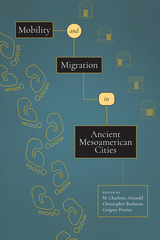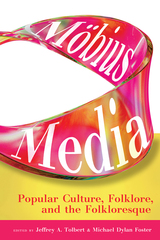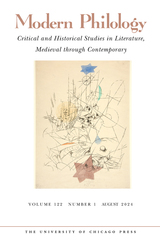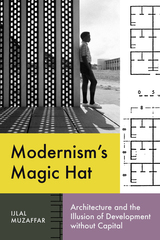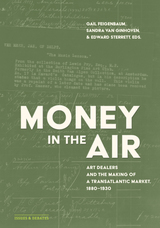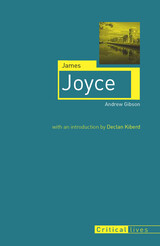
Andrew Gibson argues here that the most important elements in Joyce’s novels are historically material and specific to Ireland—not, as is assumed, broadly modernist. Taking Joyce “local,” Gibson highlights the historical and political traditions within Joyce’s family and upbringing and then makes the case that Ireland must play a primary role in the study of Joyce. The fall of Charles Stewart Parnell, the collapse of political hope after the Irish nationalist upheavals, the early twentieth-century shift by Irish public activists from political to cultural concerns—all are crucial to Joyce’s literary evolution. Even the author’s move to mainland Europe, asserts Gibson, was actually the continuation of a centuries-old Irish legacy of emigration rather than an abandonment of his native land.
In the thousands, perhaps millions, of words written about Joyce, Ireland often takes a back seat to his formal experimentalism and the modernist project as a whole. Yet here Gibson challenges this conventional portrait of Joyce, demonstrating that the tightest focus—Joyce as an Irishman—yields the clearest picture.
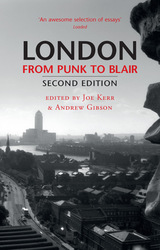
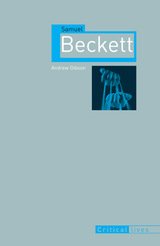
Writer Samuel Beckett (1906–89) is known for depicting a world of abject misery, failure, and absurdity in his many plays, novels, short stories, and poetry. Yet the despair in his work is never absolute, instead it is intertwined with black humor and an indomitable will to endure––characteristics best embodied by his most famous characters, Vladimir and Estragon, in the play Waiting for Godot. Beckett himself was a supremely modern, minimalist writer who deeply distrusted biographies and resisted letting himself be pigeonholed by easy interpretation or single definition. Andrew Gibson’s accessible critical biography overcomes Beckett’s reticence and carefully considers the writer’s work in relation to the historical circumstances of his life.
In Samuel Beckett, Gibson tracks Beckett from Ireland after independence to Paris in the late 1920s, from London in the ’30s to Nazi Germany and Vichy France, and finally through the cold war to the fall of communism in the late ’80s. Gibson narrates the progression of Beckett’s life as a writer—from a student in Ireland to the 1969 Nobel Prize winner for literature—through chapters that examine individual historical events and the works that grew out of those experiences. A notoriously private figure, Beckett sought refuge from life in his work, where he expressed his disdain for the suffering and unnecessary absurdity of much that he witnessed.
This concise and engaging biography provides an essential understanding of Beckett's work in response to many of the most significant events of the past century.
READERS
Browse our collection.
PUBLISHERS
See BiblioVault's publisher services.
STUDENT SERVICES
Files for college accessibility offices.
UChicago Accessibility Resources
home | accessibility | search | about | contact us
BiblioVault ® 2001 - 2024
The University of Chicago Press


